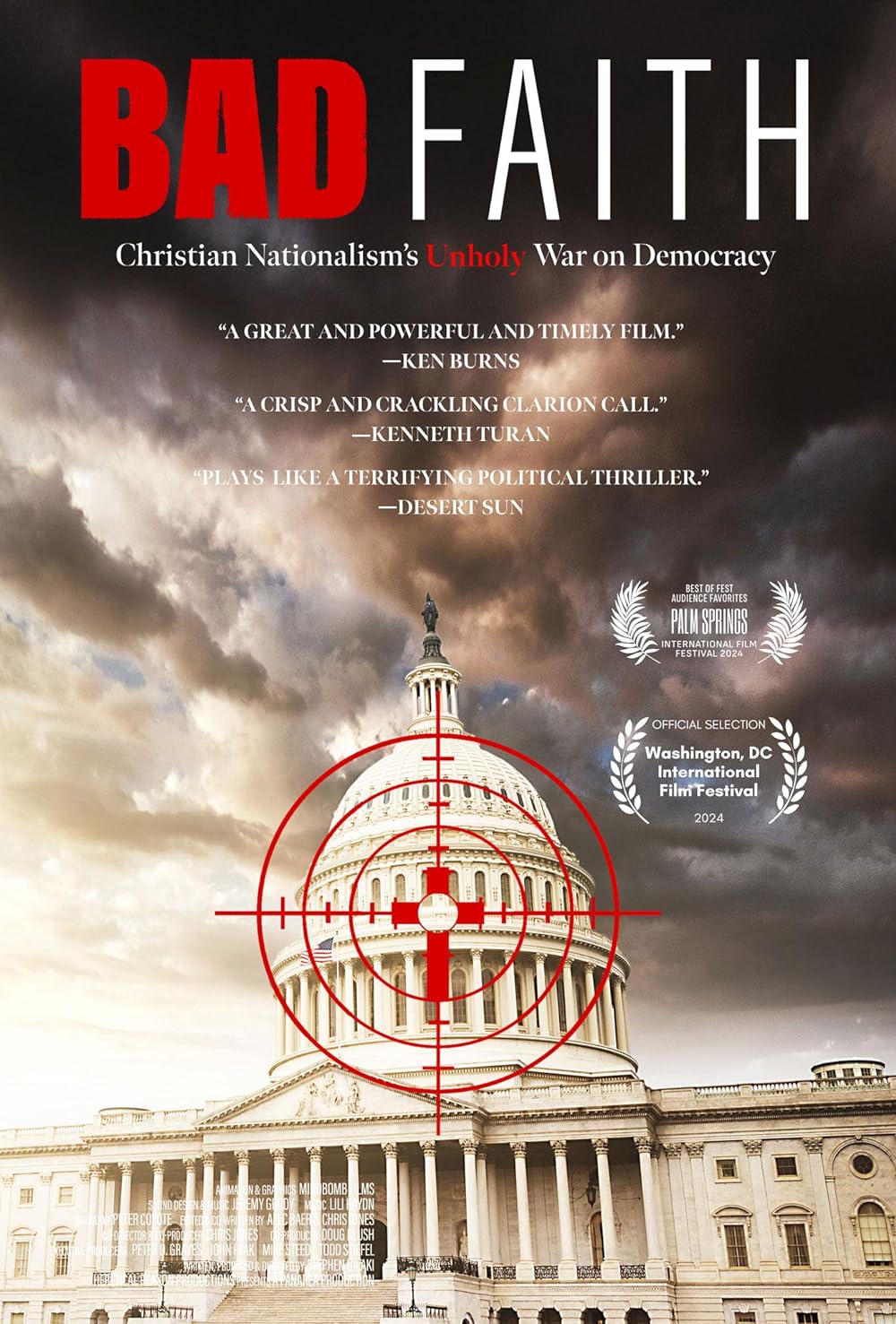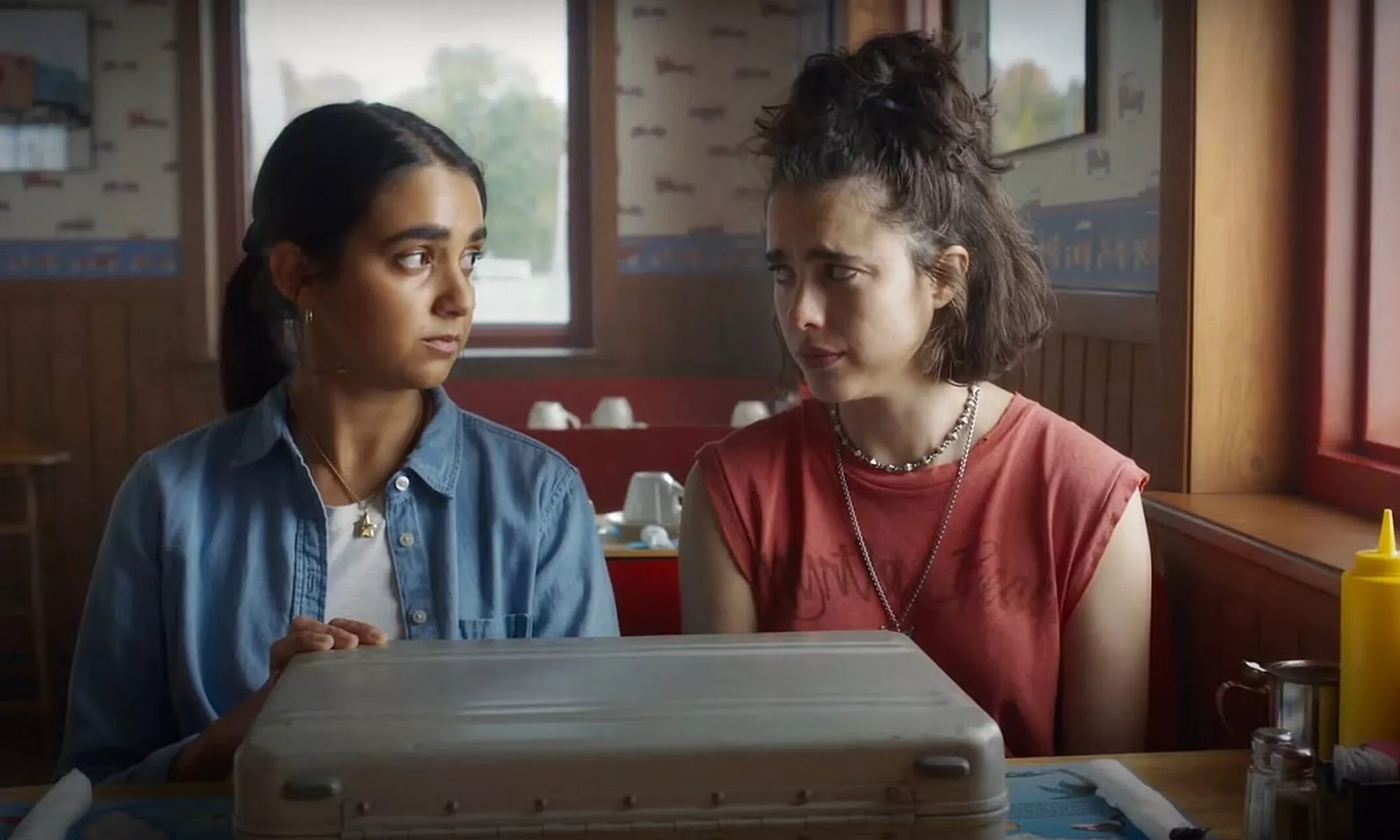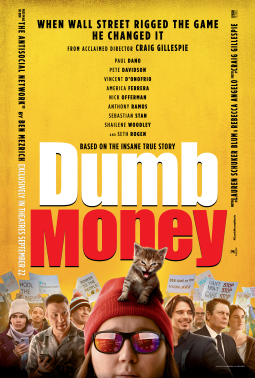The Amityville Horror
Posted on April 15, 2005 at 5:26 pm
Going over the same ground as the original 1975 cult classic and its many derivative offspring, this “Amityville Horror” provides enough of a shiver for novice horror fans to guarantee an opening-weekend audience but, for more well-versed fans of the genre, will feel like a redundant round of recycling.
The script here differs slightly from the original but still has not figured out how to solve the ending. With the ominous (and highly suspect) intro “Based on a true story,” this version cuts quickly to the premise. A young man living at home wakes one night and shoots his family one by one. When the police bring him in for questioning, he explains that his family was demonic and that the house told him to do it.
Flash forward a year to young married couple, George (Ryan Reynolds) and Kathy Lutz (Melissa George), who are working together to build a good home for her three children, who are still dealing with their father’s death. They come to the house, now for sale at a discount, and snap it up despite the visible nervousness of the realtor and her passing reference to the tragedy that took place there.
Within hours of moving in, everyone from the family pet to the young daughter have seen serious signs that this house needs a lot more than a Fab Five make-over. Ghosts, some chatty, some just ghastly, lurk in the shadows, the windows open and shut like eye-lids, and the vents have a habit of whispering. As the days pass and George begins to get testy and more than a little red in the eyes, Kathy realizes that she has a mystery to solve before she and her children fall victim to the house’s new plaything.
The recent rash of horror flicks prompts a soul-searching all their own: if you have seen it all before can they still scare you? When done well, old stories and equally familiar images will have you rattling your popcorn by the time the opening credits roll. This remake, though, has fair special effects, some jump-out-at-you surprises, decent acting by attractive performers, but its familiar antics just as likely to leave your popcorn static. Does the step-dad get possessed? Is there a creepy kid? Does the family pet make it to the last reel? What do you think?
Parents should know that this movie earns its R rating and then some. Besides the murder of children, the images of torture, references to suicide, the death of innocents (including a pet), and near constant peril, this movie dwells on the psychological metamorphosis of a gentle, family man into an abusive monster. There are sexual references as well as a fairly explicit sex scene between a married couple. Playing to horror’s growing female demographic, actor Reynolds spends a considerable amount of his time with his shirt off. Strong language is used, at times directed at family members. There are social drinks and drug references. Possibly the world’s worst babysitter smokes pot and makes sexual references to the children.
Families who see this movie should talk about a common theme of many ghost stories: the unhappy soul with unresolved issues. Families might also want to talk about George’s insecurity about his role as step-father and how his relationship with the house exacerbates his worst characteristics. They should also talk about the fact that while the original book was published as nonfiction, the story has been thoroughly discredited.
Families who see this movie might want to look at the very unusual reviews by two critics who didn’t make it to the end of the movie. Families who enjoy watching scary ghost movies might want to see the original






